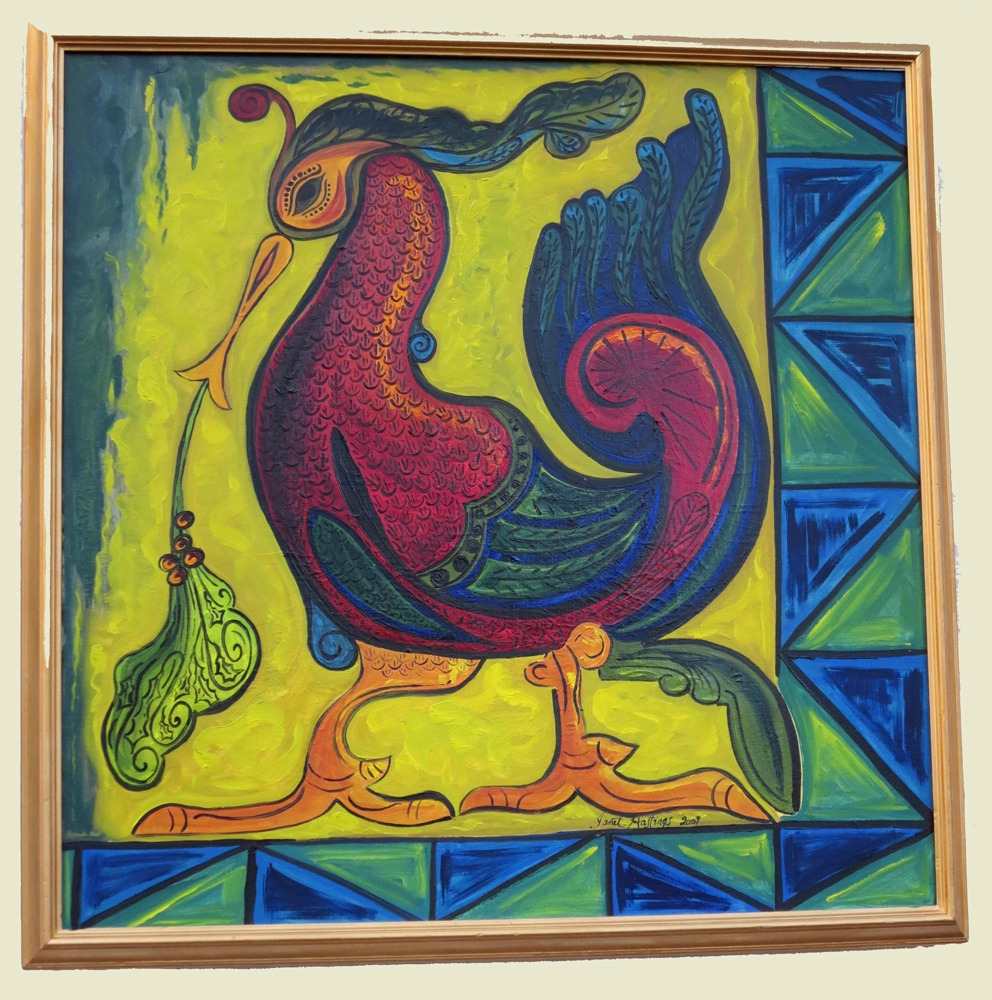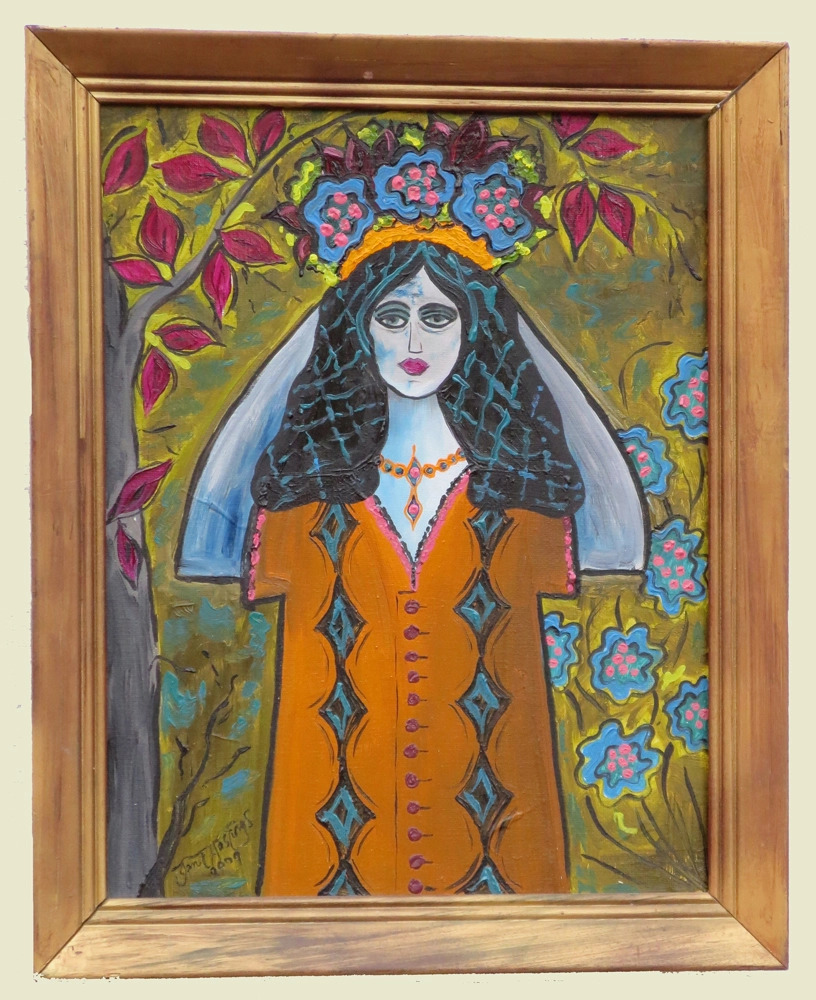How To Help Animals
The question I hear more than any other is “What can I do to help animals?” The number one thing you can do to
help animals (and your own health) is this: don’t eat them. By far the greatest amount of animal suffering comes
from the way animals are raised for food or dairy products.
The happy farms with green grass that you see on the side of dairy products seldom exist anymore. It is far more
likely that the pigs you eat and the cows whose milk you drink were raised in terrible, cramped conditions.
Eating less meat and dairy is something that each of us can do that will make an enormous difference. It doesn’t
require political or legislative action. It is within our own power.
How would becoming vegetarian or vegan make a difference to our health and the welfare of animals? First of all,
let’s define each word: Being “vegetarian” means that you do not eat any meat including poultry and fish. I am
frequently asked “Well, you eat chicken and fish, don’t you?” The answer is no, I do not now and I never did
when I was a vegetarian (I am now vegan).

Any living being that has a face deserves our compassion. Really, what is the difference between eating a pig
and eating a dog? They both have feelings and a need for food, shelter and love. So why do we eat one and not
the other?
Now, what does it mean to be a “vegan”? A vegan does not eat any animal products and this includes milk, butter,
eggs and honey. The dairy industry is just as cruel to animals as the meat industry, keeping them in small
crates or constantly lactating in unnatural conditions and stressful environments, so we don’t want to support
that either. Neither will vegans use animal-based products for clothing, or any other purpose.
Now, what does it mean to be a “vegan”? A vegan does not eat any animal products and this includes milk, butter,
eggs and honey. The dairy industry is just as cruel to animals as the meat industry, keeping them in small
crates or constantly lactating in unnatural conditions and stressful environments, so we don’t want to support
that either. Neither will vegans use animal-based products for clothing, or any other purpose.
When we look at it honestly, it is apparent that meat eating and dairy consumption are hurtful to our health,
the environment, and certainly for the animals. Consider the impact of meat eating on world hunger. What an
enormous waste of resources to take 10 to 15 pounds of healthful grain and use it as feed to produce one pound
of meat which will clog your arteries! If we were to give the grain and soybeans to people we could feed
everybody on the planet.
Eating meat has a similarly destructive impact on the environment. The world’s rain forests are being destroyed,
particularly in South America, to provide grazing land for cattle. These rain forests are the lungs of the
planet and their disappearance greatly reduces our planet’s ability to transform carbon dioxide into oxygen.
This, in turn, leads to increased global warming.

An additional byproduct of animal agriculture is the pollution of our waters because the herbicides, pesticides,
fungicides which are utilized all end up, eventually, in our water table along with vast amounts of manure and
nitrogen fertilizers.
Lastly, what does meat eating do to our health? Currently prevalent diseases such as heart attack, cancer and
diabetes, all directly tied to eating meat, would be greatly reduced if we were to become vegetarian or vegan.
Whole grains, vegetables, fruits, and legumes contain no cholesterol and are low in fat, especially saturated
fats. They are high in fiber and many plant based foods such as beans, peanuts, and soya, are good sources of
protein. Another benefit is a lower risk of obesity due to the fact that plant-based foods are very low in
calories.
Also, vegans and vegetarians take in more fiber, which make their diet more filling on fewer calories.
- Larry
“It is a beautiful gift that we can give the world to ease suffering, stop the killing of billions of animals, drastically reduce global warming, and lower rates of obesity and chronic degenerative diseases. With the abundance of plant-based options and a little bit of commitment and integrity, it’s easy. Why would we not do this for a more peaceful, compassionate future?” - Hope Bohanec, The Ultimate Betrayal"
For a further exploration of these subjects please go to:
Eating Animals, by Jonathan Foer
Wildflour Vegan Bakery